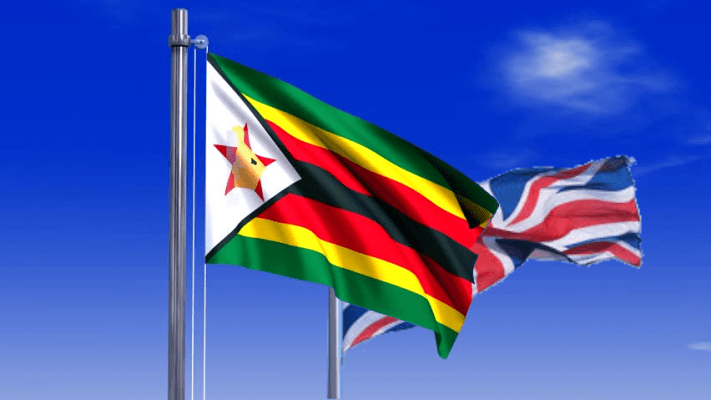Value addition to anchor economy, Mthuli
Government believes value addition through manufacturing is the first stage of structural transformation of the economy, required to generate decent jobs and provide impetus for sustainable and inclusive economic growth.
As a result, the 2022 National Budget, will prioritise the development and transformation of the economy by moving up a number of value chains, as well as domesticating some of the value chains, according to the 2022 Budget Strategy Paper (BSP) seen by Business Weekly.
Successful implementation of the necessary steps to upscale domestic manufacturing should result in the attainment of the desired growth target of 6,5 percent in 2022, 2021 and 6,1 percent in 2024, reads part of the BSP presented in Parliament last week by Finance and Economic Development Minister Mthuli Ncube.
Currently, the manufacturing sector, also known as the secondary sector, is contributing 10,6 percent to GDP.
The target now is to gradually improve the contribution of the sector to GDP to 15 percent by 2025.
In monetary terms, the contribution of value-added exports to total exports is expected to jump from US$727.47 million in 2020 to about US$1,337 billion in 2025.
According to the BSP, the envisaged growth in the sector will be achieved by implementing strategies such as developing and strengthening already existing value chains, beneficiation of minerals and linkage of SMEs with large corporates.
“Quick win value chains being prioritised include agro-based value chain; pharmaceutical value chain; bus and truck assembly value chain; iron and steel and general engineering value chain, as well as plastic waste value chain,” reads part of the BSP.
Also, a top priority for revival is the pharmaceutical where focus would be on boosting local production and exports of medicines into the region and the rest of the world.
Government will also prioritise the leather value chain through increased production capacities from about 30 percent to 75 percent and hence enabling the sector to access local and export markets in line with the Zimbabwe Leather Strategy (2021-2030).
The 2022 National Budget will also prioritise the strengthening of local agro-processing value chains, existing processing capacity and increase throughput from agriculture.
Areas of focus would be the soya bean value chain; fertiliser value chain; and the dairy value chain among others.
Zimbabwe spends millions of foreign currency in the importation of raw materials for the production of cooking oil, fertiliser and dairy products.
Prioritising local production of not only finished goods but raw materials would go a long way in reducing the import bill.
To enable increase local production, Government plans to put in place policy measures that would encourage and incentivise local producers of agro-inputs and local manufacturers.
“In line with the NDS1 thrust of import substitution and domestication of value chains, Government will introduce an aggressive campaign towards locally produced products, targeting to increase the proportion of shelf space occupied by local basic products to at least 80 percent,” reads part of the BSP.
Government is also of the view that raising productivity across all sectors will allow the economy to create more wealth that will improve the standards of living of citizens.
Improvements in both the Global Competitiveness and Ease of Doing Business ranking will thus be prioritised focusing on reviewing business regulations and doing business procedures.
“Government will also expedite implementation of reforms aimed at streamlining and simplifying exporting and importing procedures, eliminating customs delays and improving customs administration,” reads part of BSP.- ebusinessweekly.c.zw











